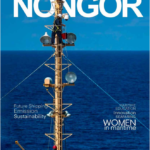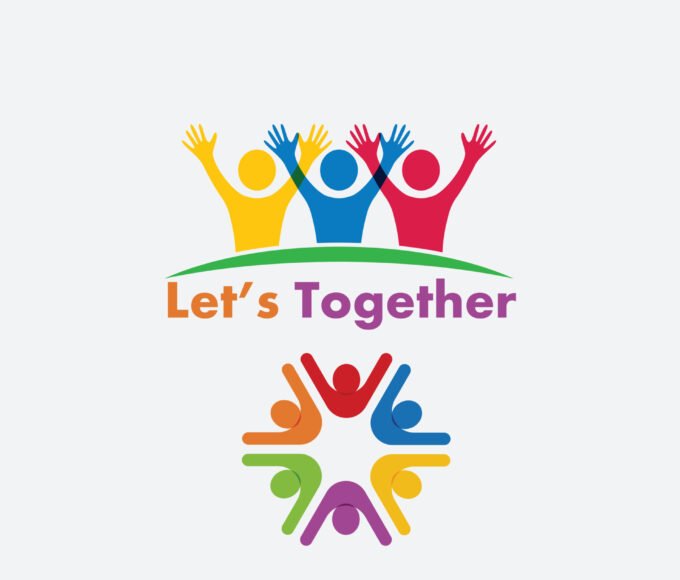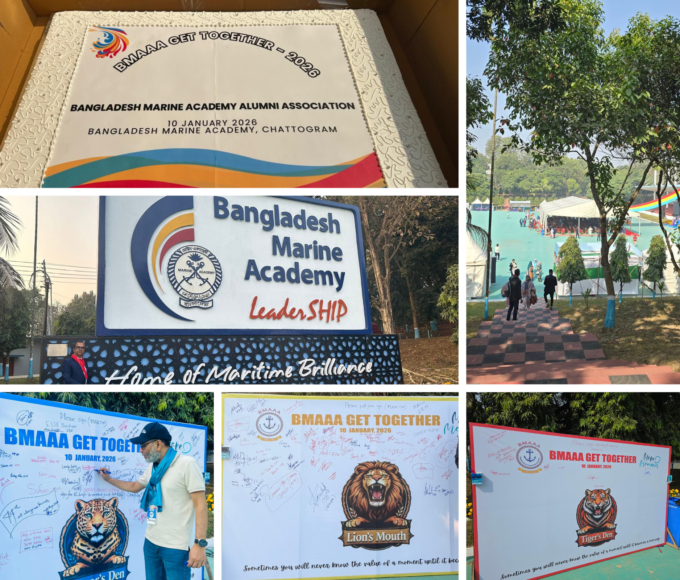Effective communication in the workplace is the most important factor for maintaining a happy and productive atmosphere and avoiding inter-personnel conflicts. With the age limits now lifted for majority jobs, the age of a typical workforce may range from 18 to 75 years. This range is much wider in exceptional cases. In 2020, we have seen Seth Van Beek flying a passenger plane fully qualified as pilot at the age of 18 and Christian Chenay working as GP at 98. At work we are now dealing with people with varying attitude, values and ethics because of their upbringing in different times. This can lead to conflict among colleagues. A reasonable appreciation of each generation’s thought process may help. Without further ado, here’s in brief classification of generations. Current age refers to age in 2020.:
- Baby Boomers: 55-75 years old. Born between 1945 and 1965.
- Gen X: 40-55 years old. Born between 1965 and 1980.
- Generation Y (the Millenials): 25-40 years old. Born between 1980 and 1995.
- Gen Z: 5-25 years old, Born between 1995 and 2015.
Each generation has their strength and weaknesses. Regardless of which generation we belong to, instead of highlighting our difference from the older and younger colleagues, if we try recognising our weaknesses and learn from the strengths of the other generations to fill the gap, we can make ourselves better professionals at work.
Baby Boomers are more hands-on than other generations. They love going to the market instead of shopping online. They like to talk face to face than chatting on WhatsApp. At work, they are more likely to come to the warehouse or your desk to talk instead of sending email copying the whole wide world. They believe in more one-to-one communication. They make you feel like a person, not a number. On the down side, this type of communication may fail to bring everyone in the work group on the same page and critical information may be lost in space. Baby Boomers are good team player and less likely to hand in resignation unless things get really bad. They do not like change, but being disciplined and structured, once a change is put formally into procedures, they will stick to the procedures better than any other generation.
Generation X is good at talking face-to-face as well as in e-communication. They can multi-task and juggle work with family commitments really well. They have reasonable to good IT skills. However, they often get frustrated seeing the Baby Boomers being too hands-on or verbal and generation Y being too reliant on technology. They suffer from identity crisis. Spending time with them and allowing them to open up can help you a lot learn some good communication skills. They are not outspoken like generation Y or Z when disagreeing with the bosses, so when they give an opinion, it may not be always what’s in their mind.
Generation Y is good at using technology. They are more likely to embrace long distance relationships, which is advantageous at work as they do not need spending too much time away in the real world for relationship commitments. Their habit is useful in webinars, Zoom meetings etc., especially during this pandemic. One of the generation Y’s weaknesses is inability to read body language of co-workers and use the right forms of hand gestures, facial expressions or voice tone to influence others. Generation Y may hand in resignation if they fall out with the management, even if they do not have a job to go to! Extreme caution is advised when disagreeing with them especially if they are good at work and you do not want to lose them.
Generation Z tends to manage most things from their mobile phone or tablet. They like scanning documents by their phone, convert to Pdf, sign digitally and send electronically. Their habit can bring efficiency at work. They find it comfortable to chat on their phone with friends thousands of miles away. But in doing so, they detach themselves from others sat right next to them and unable to live in the moment – which is the most precious time of all. However, if you are struggling to do accounting and calculations manually, they are the best people to help automate these for you. They are happy to use own time to create spread sheets with formulas or make a small software for you, just to show they can. They are fast learner and ambitious and usually come with much higher academic qualifications in the entry level than other generations. They are more likely to Google first to solve a problem thank thinking themselves.
Because of developments in long distance communication technology we are gradually losing our vocabulary. Written form of communication is replacing verbal communication. Human interaction is on the decline. Accounting can be done by software instead of physically speaking to an accountant, banking can be done by mobile phone app without visiting the branch and so on. We are not moving and talking much. We are losing touch with physical form of communication. The danger? – We are now more prone to be influenced (or manipulated in some cases) by people who can talk. I mean people who cannot avoid talking to get their jobs done – like politicians and lawyers. If you belong to generation Y or Z, you can try picking up this skill from the earlier 2 generations. Or, you might ask them to accompany you in meetings, during negotiations or in a tool box talk. On the other hand, the elder 2 generations tend to live in the past believing colleagues will understand them on the Zoom as they do in the physical world – well, they don’t. Generation Y and Z are outspoken. They say what they think. They may not understand facial expressions, tone of voice or unspoken words. Best is to speak or write to them in a simple and clear language.
Each generation believes they grew up in the best time in history. It’s important not to hurt this pride when communicating. Identifying the useful skills, knowledge and habits of each generation and sharing them across the board and filtering out those that no longer serve any purpose can really help improve the atmosphere and productivity at work.
Quamrul Siraz (27N),
Master Mariner, BSc, MSc, AFNI, AFRIN.
E: q.siraz@gmail.com
















Leave a comment